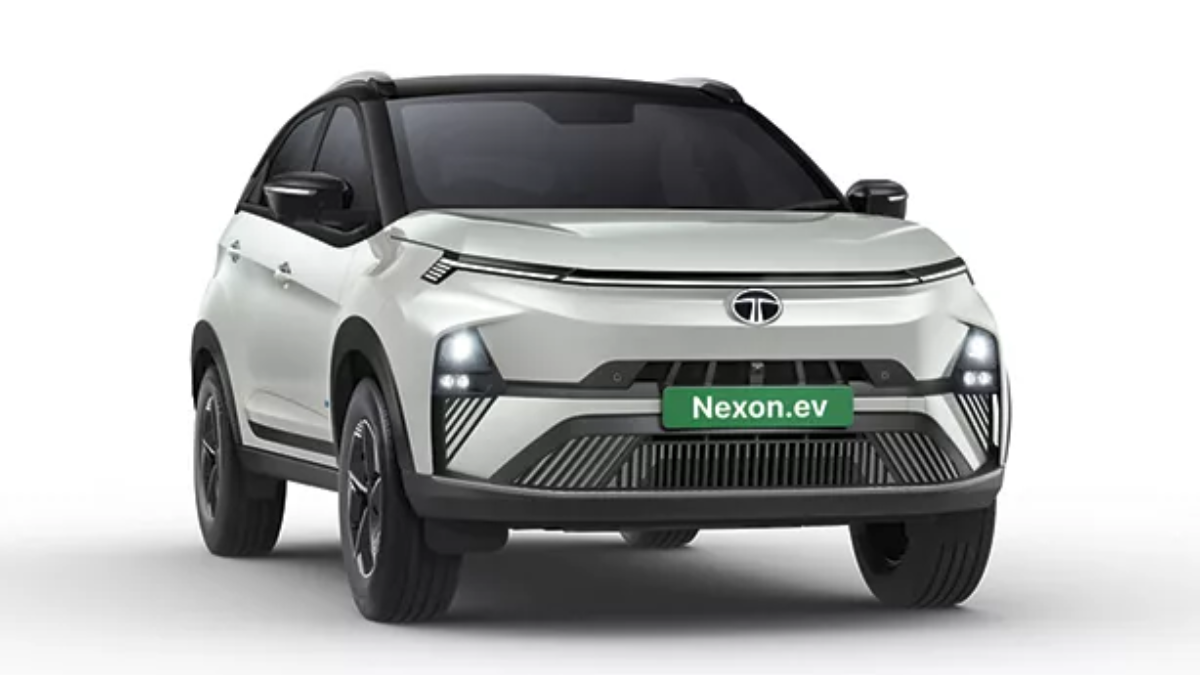As India pushes towards a greener future, many car buyers in 2025 are asking the same question: Should I buy an electric car or stick with a petrol one for daily city driving? With increasing fuel prices, tighter emission norms, and growing EV infrastructure, electric vehicles (EVs) are becoming more appealing than ever. But are they truly the better choice for your everyday commute in Indian cities, or do petrol cars still hold a practical edge? In this article, we compare Electric Cars vs Petrol Cars in India, focusing on city driving, cost of ownership, convenience, maintenance, and overall performance in 2025.
Comparison: Electric Cars vs Petrol Cars for Indian City Driving in 2025
1. Running Cost and Fuel Efficiency
- Electric cars are much cheaper to run. Charging at home can cost just ₹1–₹1.5/km.
- Petrol cars cost around ₹7–₹10/km depending on fuel prices and mileage.
👉 Verdict: EVs win for city driving due to low running costs.
2. Performance and Drive Experience
- EVs offer instant torque, smooth acceleration, and quiet driving—perfect for traffic.
- Petrol cars provide more engine feedback, but stop-and-go traffic affects efficiency.
👉 Verdict: EVs are smoother and quieter in traffic.
3. Maintenance and Servicing
- Electric cars have fewer moving parts, so less frequent and cheaper servicing.
- Petrol cars need regular oil changes, filters, and engine upkeep.
👉 Verdict: EVs require less maintenance.
4. Refueling vs Charging
- Petrol cars can be refueled in 5 minutes at any fuel station.
- EVs need charging, which can take 1–8 hours, depending on the charger type.
- Public chargers are growing in number but still not everywhere.
👉 Verdict: Petrol cars are more convenient for quick refueling.
5. Purchase Price and Incentives
- EVs generally have higher upfront costs.
- However, government subsidies (FAME II), state EV policies, and tax benefits help.
- Petrol cars are still cheaper to buy, especially small hatchbacks.
👉 Verdict: Petrol wins for upfront cost, but EVs win long-term.
In 2025, Electric cars make more sense for daily city driving in India—especially for users with short commutes, home charging access, and a preference for low running costs. They’re quiet, clean, and economical over the long run. However, petrol cars still hold value for people who need fast refueling, low upfront costs, or travel in areas where EV infrastructure is limited. The final choice depends on your driving habits, budget, and access to charging. But if you’re looking ahead and thinking long-term, EVs are clearly the future of urban mobility in India.
Electric vs Petrol Cars Comparison Table (2025)
| Feature | Electric Cars (EVs) | Petrol Cars |
|---|---|---|
| Running Cost | ₹1–₹1.5/km | ₹7–₹10/km |
| Maintenance | Low | Moderate to High |
| Acceleration | Instant torque | Gradual |
| Noise & Vibration | Silent & smooth | Engine noise present |
| Refueling/Charging | 1–8 hrs (depends on charger) | 5 mins at pump |
| Infrastructure | Growing charging stations | Well-established |
| Purchase Price | Higher (with subsidies) | Generally lower |
| Best For | City commute, low cost | Remote areas, long trips |
FAQ’s:
Q1. Which is cheaper to run daily in India – electric or petrol car?
A: Electric cars are significantly cheaper per km, costing ₹1–₹1.5/km compared to petrol’s ₹7–₹10/km.
Q2. Are there enough charging stations for EVs in Indian cities?
A: Major cities like Delhi, Mumbai, Bengaluru, and Pune are seeing rapid growth in charging stations, but smaller towns may still lag.
Q3. Do electric cars have enough range for city use?
A: Yes, most EVs offer 200–400 km range per charge, which is more than enough for daily city driving.
Q4. Are electric cars more expensive to buy?
A: Initially, yes. But with government subsidies and lower maintenance/running costs, they become more economical over time.
Q5. Which car type is better for resale – electric or petrol?
A: Petrol cars still have a larger resale market, but EV resale value is growing as adoption increases.
